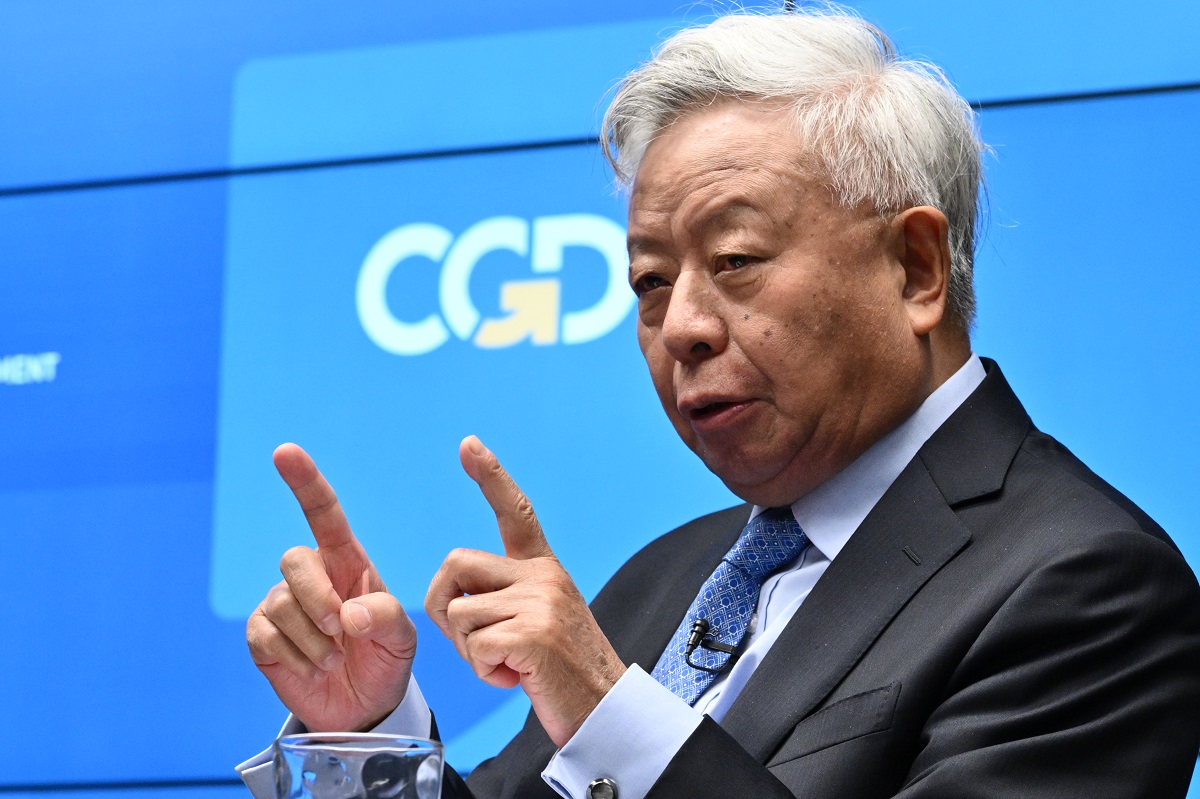The recent New York Times editorial, Is Pakistan Worth America’s Investment?, perpetuates the idea that the United States can use its economic assistance to Pakistan as a cudgel to extract better performance from the government in its fight against terrorism. There are two problems with that idea.
The first is that America’s $500 million a year of “economic” aid brings any leverage. Compared to the Pakistani government’s own budget of around $30.7 billion annually, $500 million is a pittance. Threatening to withdraw this money, which is designed, for example, to increase access to schooling or provide minimal access to energy in the interests of job creation is unlikely to persuade the Pakistani government to do a better job of, say, raising taxes on its insider elites or improving its own education systems. No doubt the civilian government would like to raise taxes and spend more on schooling; no doubt it has difficulty doing so because of its own internal politics, and because the army will take first dibs on any additional domestic revenue. But the United States’ ability to influence this through its economic aid is minimal.
Second is the assumption that the purpose of the American “economic” or development aid is leverage. In fact the purpose is to invest in democracy and economic opportunity in Pakistan, in the interests of prosperity and stability there. The military aid to Pakistan may provide a vehicle for dialogue with the army which may or may not be thought of as “leverage” in the fight against terrorism. The development aid is about investing in making Americans more secure in a dangerous world; Americans will be more secure when Pakistan, a nuclear power, is itself more secure, prosperous and democratic. Development aid has the additional benefit of reflecting America’s values and generosity as well as its security and commercial interests. Conflating development aid with military is a dangerous trap that we should try to avoid.
CGD blog posts reflect the views of the authors, drawing on prior research and experience in their areas of expertise.
CGD is a nonpartisan, independent organization and does not take institutional positions.




